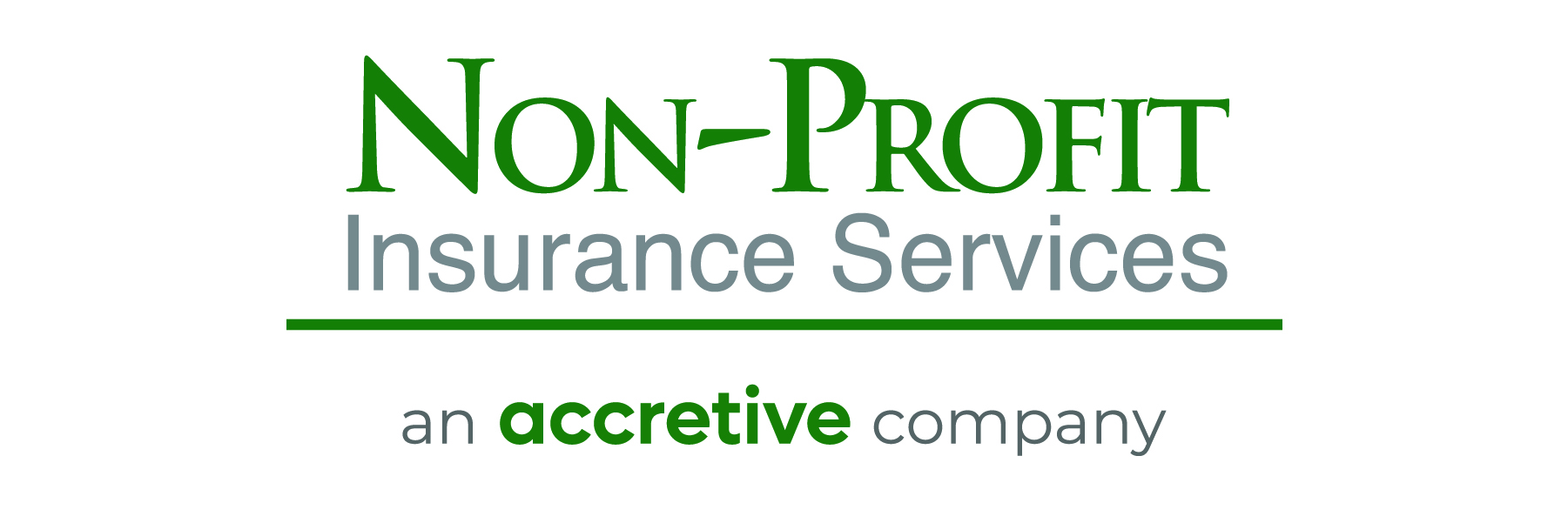Artificial intelligence is changing the world of insurance, improving underwriting and accessibility while making it more affordable for consumers. In the future, it may be able to make insurance obsolete.
Advanced AI algorithms and machine learning have the power to revolutionize almost any industry, and the insurance industry is no exception. Historically, the insurance industry has been driven by mathematics; underwriters were responsible for calculating risk and coming up with rates that could reliably ensure reasonable payouts without bankrupting the company offering them.
Today, mathematical, logical, or repeatable operations are best handled by AI, but how is the insurance industry taking advantage of this fact, and how will the industry change in the future?
The current state
First, let’s take a brief look at the current state of the insurance industry, as it relates to AI]
- Risk assessment and big data. Most major insurance companies are using more powerful AI and data analytics algorithms to calculate risk more accurately. They need to be able to pull in vast quantities of data to better understand consumer risk.
- Usage-based policies. Modern insurance policies sometimes rely on usage-based calculations, varying your rate based on how often you engage in a specific activity (like driving). With higher-tech sensors and ubiquitous connected devices, it’s easier for companies to gauge your activity levels.
- Virtual claims and settlements. You may also already have access to virtual portals where you can interact with chatbots to get your customer service questions answered, or file a claim online.
So how could these trends develop or change in the future?
New plans and offers
In the near future, we’ll see the development of new plans and policies. Because AI-driven algorithms will have access to more variables and more data points, they’ll be able to create more customized policies on the fly. Individuals will, instead of choosing between a small handful of options, be presented with a custom policy, specifically recommended to them based on their budget, habits, and lifestyle.
We may also see dynamic products. These may emerge as a way to differentiate insurance companies from their competitors, or as a way to put data-driven insights to better use.
Microchanges
The power of AI processing depends on the quality and quantity of data it has access to. In other words, the more an insurance AI understands about you, the better rate it will be able to offer you; not only will it be able to offer you more appropriate coverage, it may also be able to calculate a more appropriate price.
By 2025, we’re projected to have more than 75.4 billion connected devices, and with all the data those devices will cumulatively generate, it will be child’s play for insurance companies to adjust your insurance rates on the fly. For example, a sensor in your car may indicate that you sped recklessly, and increase your auto insurance rate by 1 percent, or detect that you’re coming to complete stops consistently, and decrease your rate by 1 percent. A driver may or may not notice these microchanges as they unfold, but overall, it will lead to lower rates for some drivers, and strangely, higher profits for insurance companies at the same time.
Customer interactions
In addition to the basic customer service chatbots that are currently in circulation, future AI will be able to streamline customer interactions with insurance companies. Some of the development here will be straightforward, with advances to chatbots that allow customers to ask open-ended questions (and get meaningful responses).
Other developments may involve dynamic recommendations; a personal assistant app on your phone, for example, may be able to alert you when you engage in activity that has a chance of increasing your rates or give you advice that could lower your rate. And if you get into an auto accident, this same app may be able to walk you through the most important follow-up steps, such as taking photos of the accident or gathering information from the other party.
Automation and obsolescence
It’s also worth considering the effects that AI will have on the insurance industry as it relates to automation. Though estimates vary, most people agree we won’t see self-driving cars on the roads consistently until the 2020s. Still, when this transition begins to happen, the auto insurance industry will need to adapt. With much lower accident rates and more questionable allocations of fault, insurance will have to evolve; companies may need to work with auto manufacturers to guard them against the fault of their algorithms, rather than working with individual drivers. And if the majority of cars on the road end up being guided by near-perfect autonomous algorithms, the industry may shrink dramatically.
We’re already in the midst of a radical transformation in the insurance industry, and it’s only going to grow from here. In the near future, you can expect AI to not only change your rates and the types of policies available to you, but also the types of interactions you have with your insurance company—and whether you need insurance at all.
Author: Larry Alton
Source: InfoWorld









